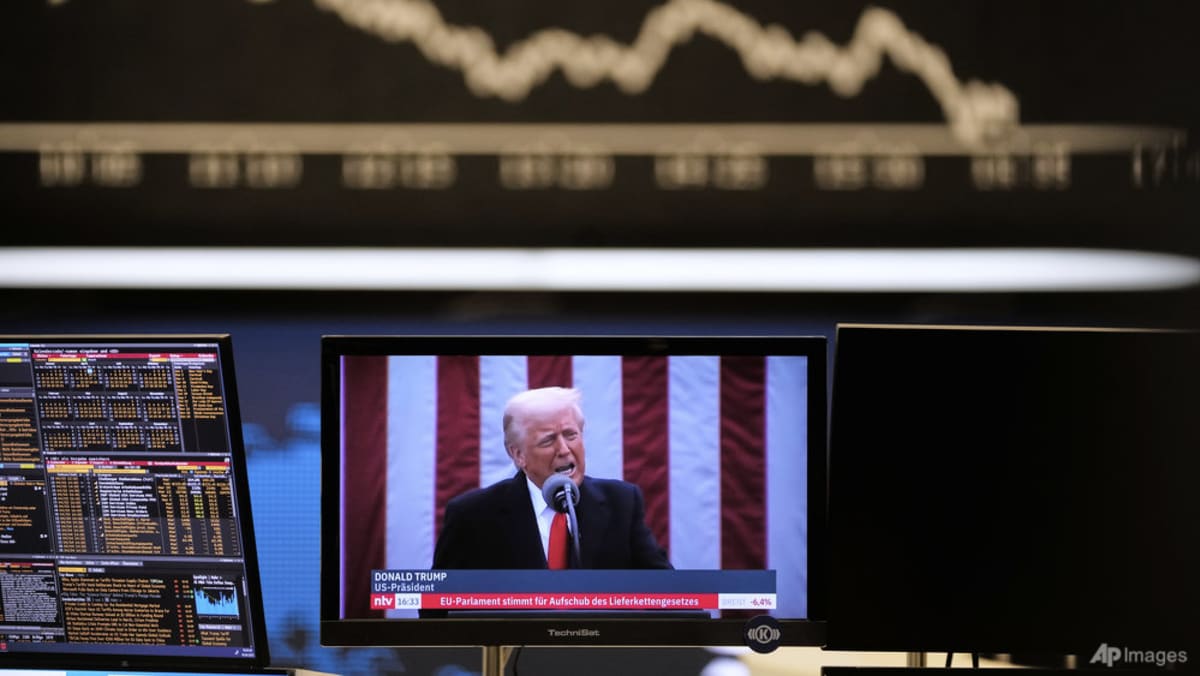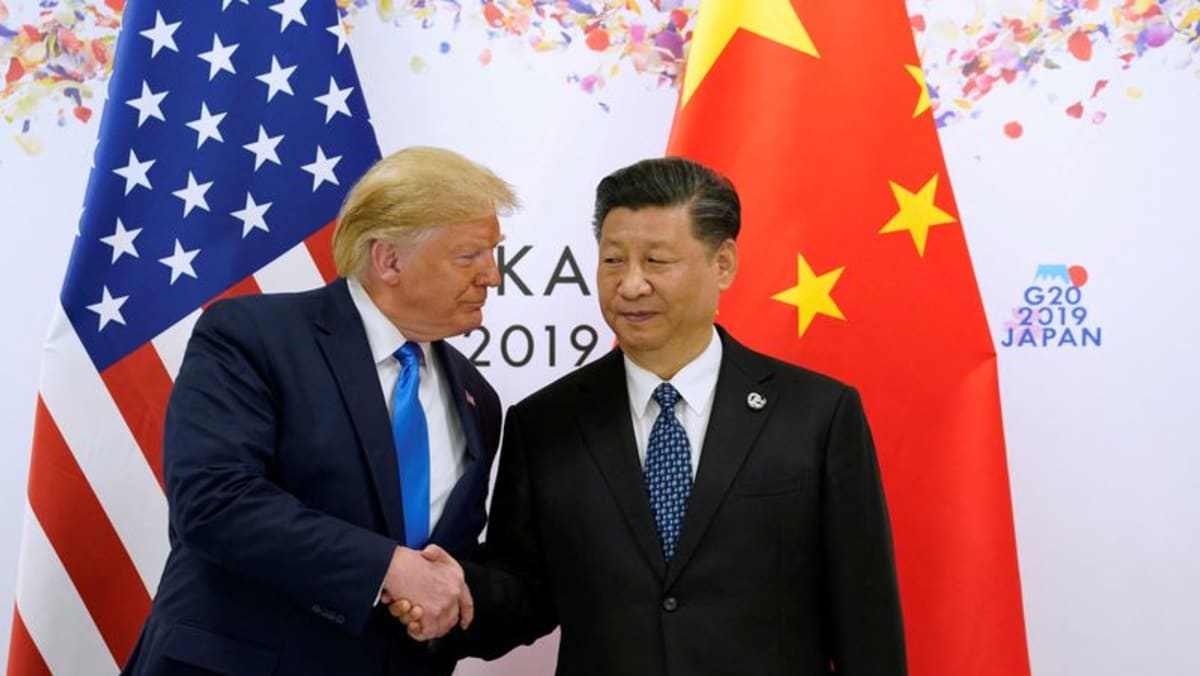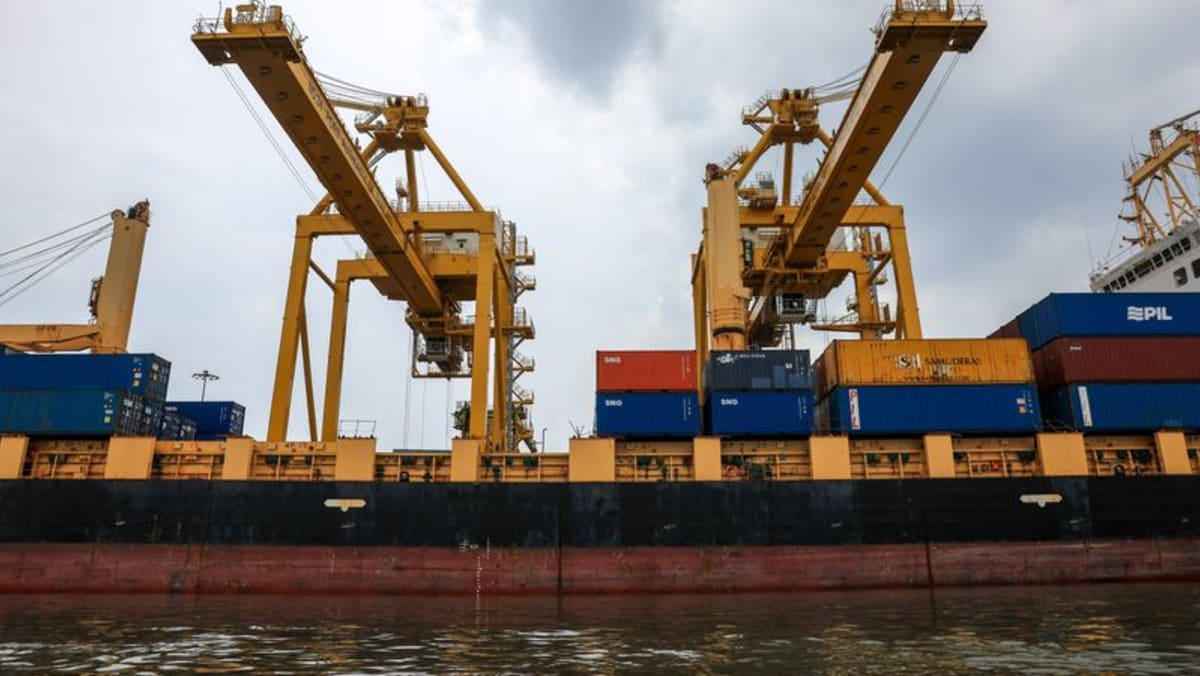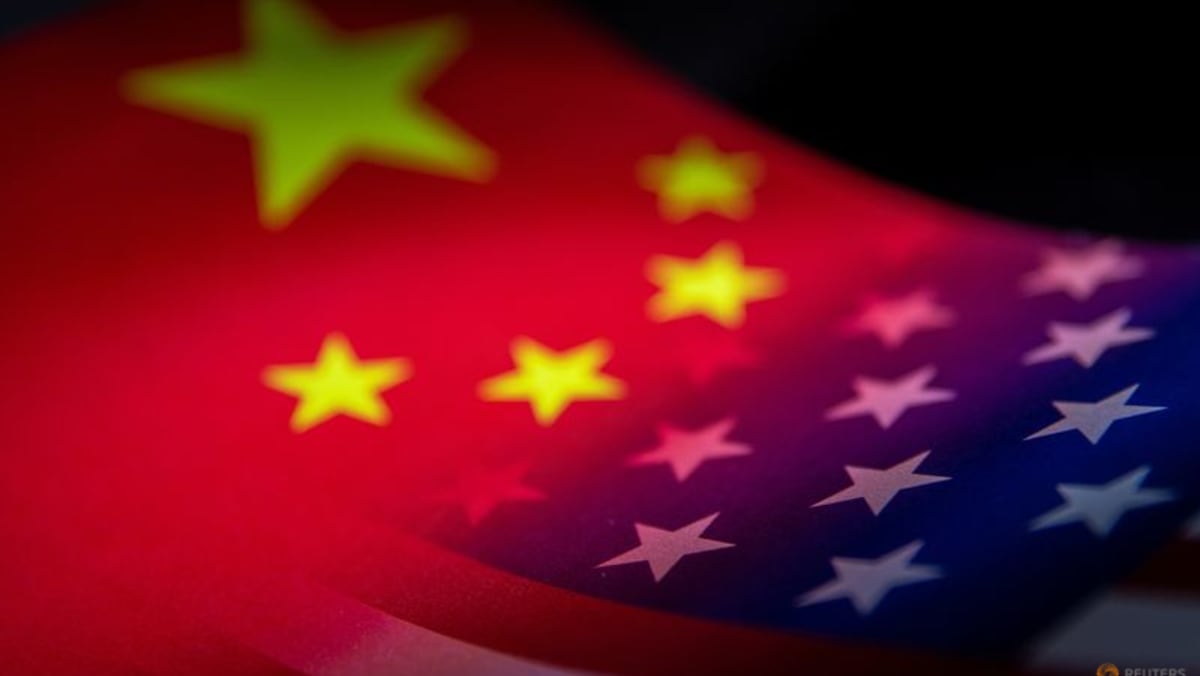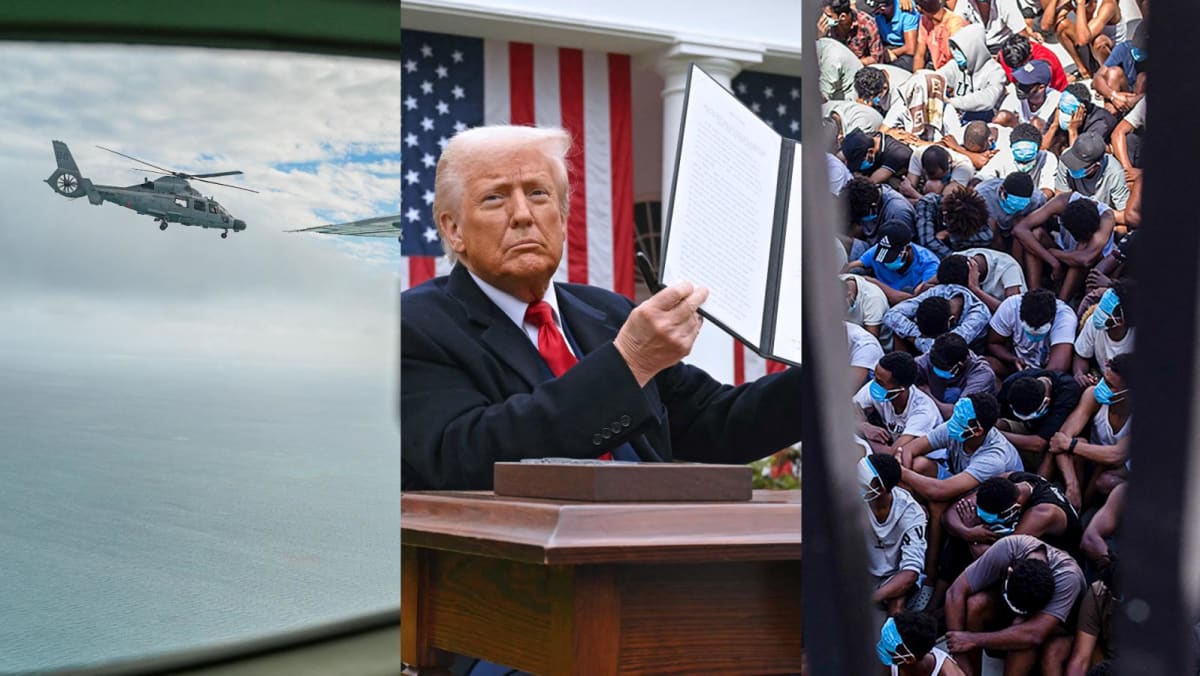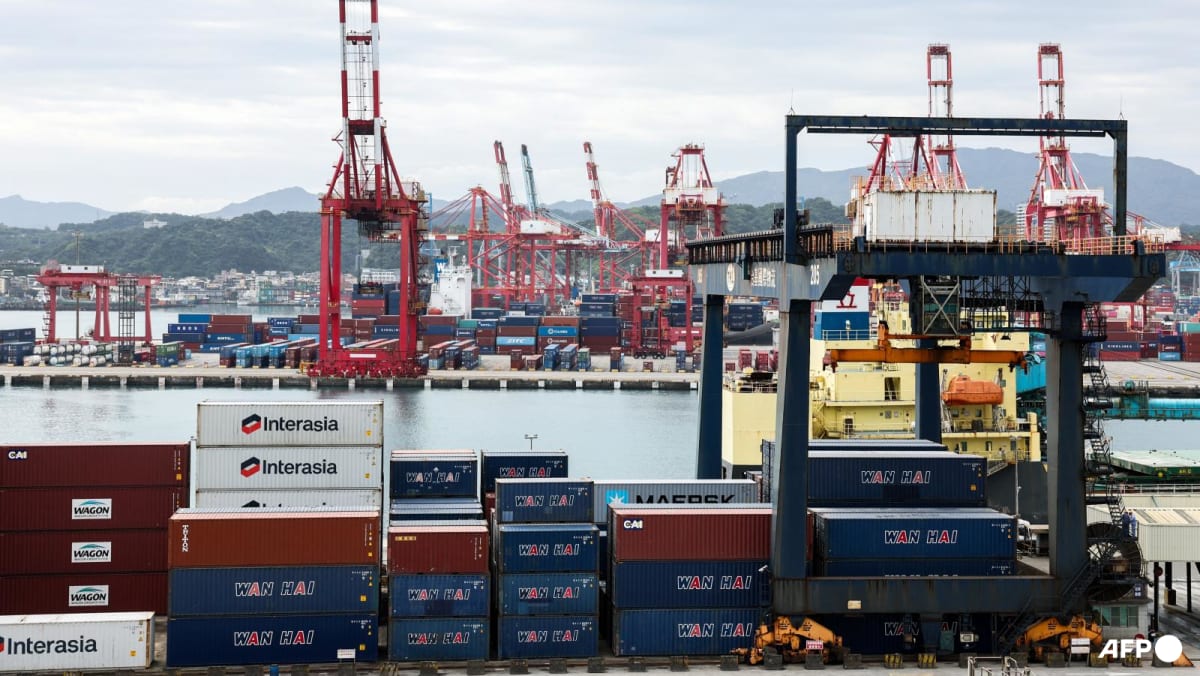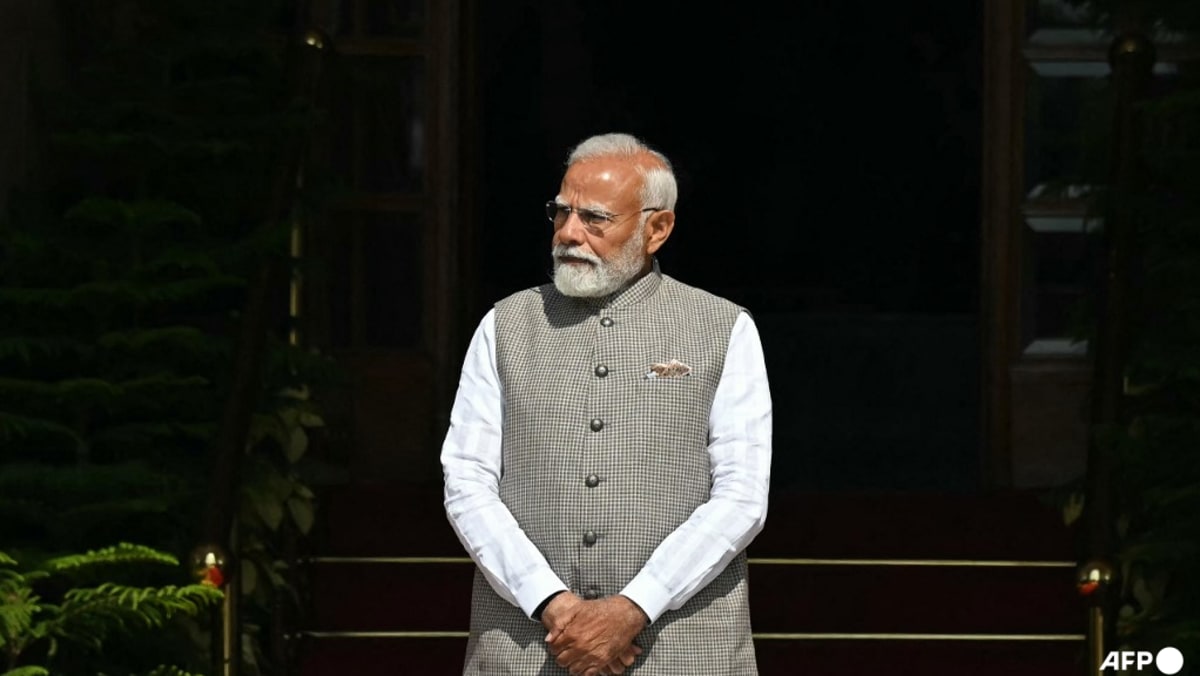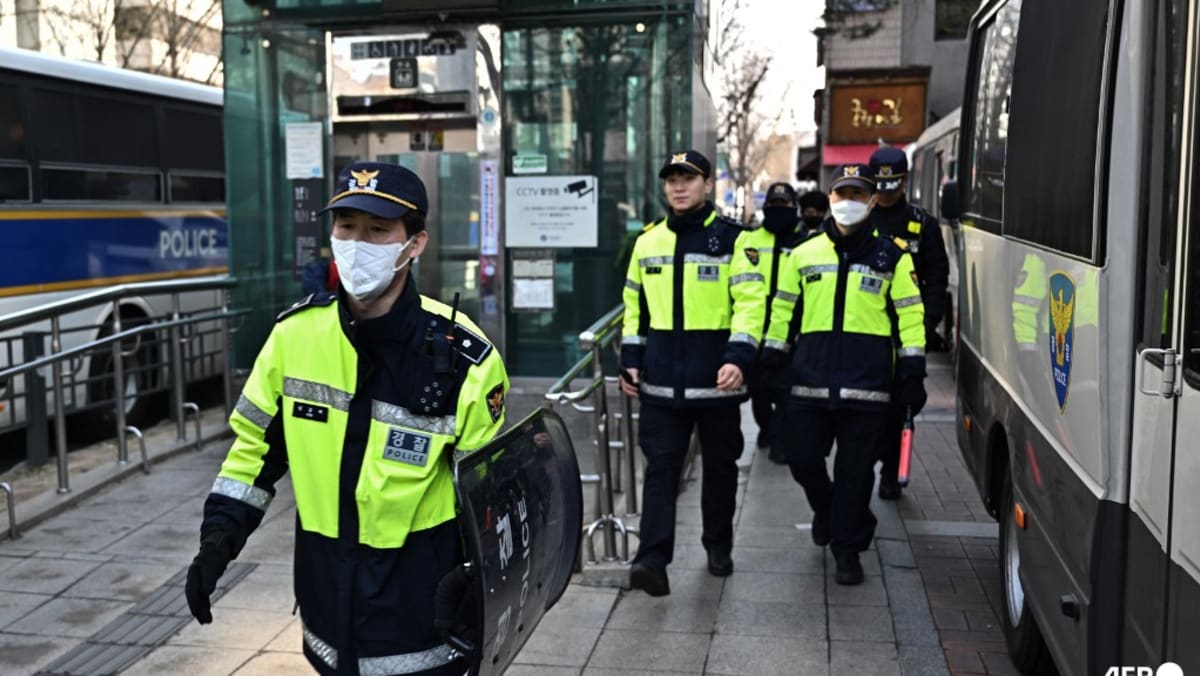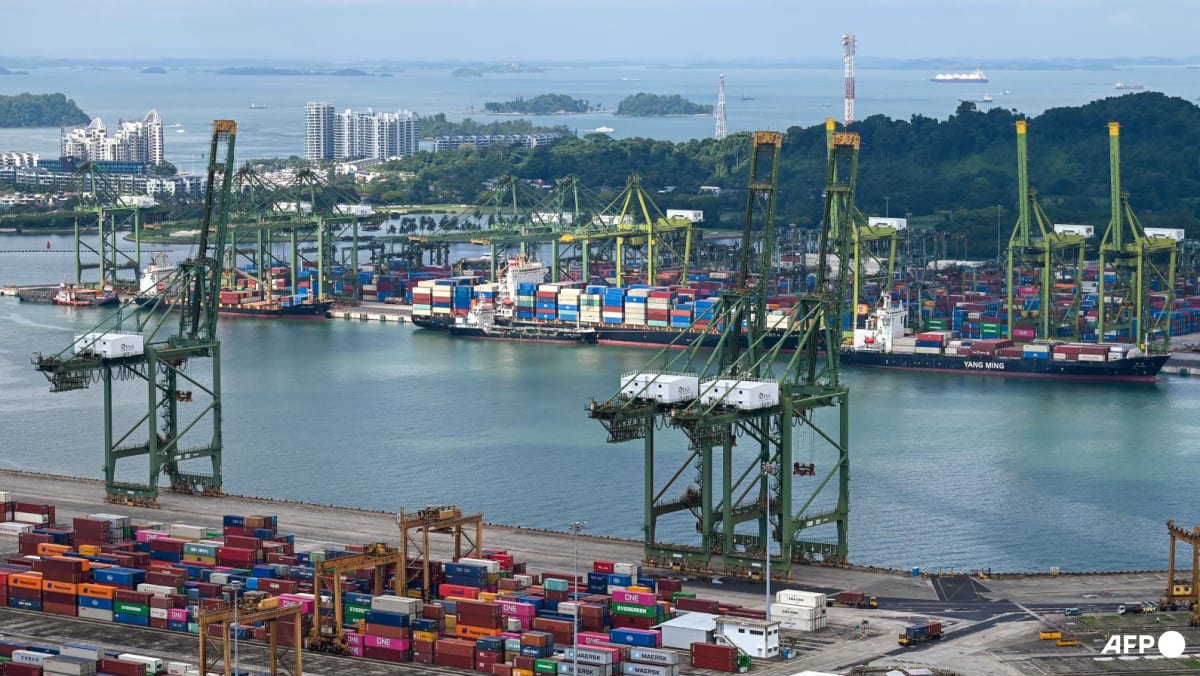WHAT IF CHINA AND THE US ACTUALLY GOT ALONG?
Following the end of the war of resistance against Japanese aggression in 1945, Chiang Kai-shek, head of the KMT-led nationalist government, invited Mao, head of the Communist forces, to the wartime capital of Chongqing to discuss China’s future and the relationship between the two rival parties.
Under the auspices of the US and encouraged by the then Soviet Union, Mao flew to Chongqing for 43 days of talks, known as the Chongqing Negotiations, which led to a peace pact known as the Double Tenth Agreement. Although the two long-time enemies did not honour the agreement and the civil war resumed, ending in Communist victory and the founding of the People’s Republic in 1949, Mao conveyed an image of a reasonable man seeking peace in the eyes of the international community.
Now, the US-China relationship is at a critical crossroads, with both countries confronting each other on issues ranging from trade and technology to space, Taiwan, Hong Kong and human rights. Amid mounting concerns that the bilateral relationship will deteriorate further, Xi’s acceptance of Trump’s inauguration invitation presents an opportunity that should not be missed. As China’s top leader has repeatedly said, both countries stand to gain from cooperation and lose from confrontation.
Interestingly, Trump told reporters on Dec 17 that Beijing and Washington could work together to “solve all of the problems of the world”. Given Trump’s impulsive and unpredictable nature, it is hard to know if he means what he says.
However, his sweeping statement crystallises the most critical issue to ensure world peace: Both Beijing and Washington should revisit a G2 approach to their relationship, in which they can develop a competitive and cooperative relationship to address bilateral problems and tackle global challenges.
Following his recent trip to China, Thomas Friedman, a columnist with the New York Times, wrote that Beijing and Washington should team up to tackle a much bigger common enemy – disorder. I could not agree more.
Friedman suggested that Trump should explore a “Nixon goes to China” move to seek the much-needed rapprochement between the two countries for the sake of a stable 21st century.
Drawing from history and given the high stakes, China’s leadership should seriously consider a move of “Xi goes to Washington”, to gain the upper hand.
Wang Xiangwei is a former Editor-In-Chief of South China Morning Post. He now teaches journalism at Hong Kong Baptist University.

